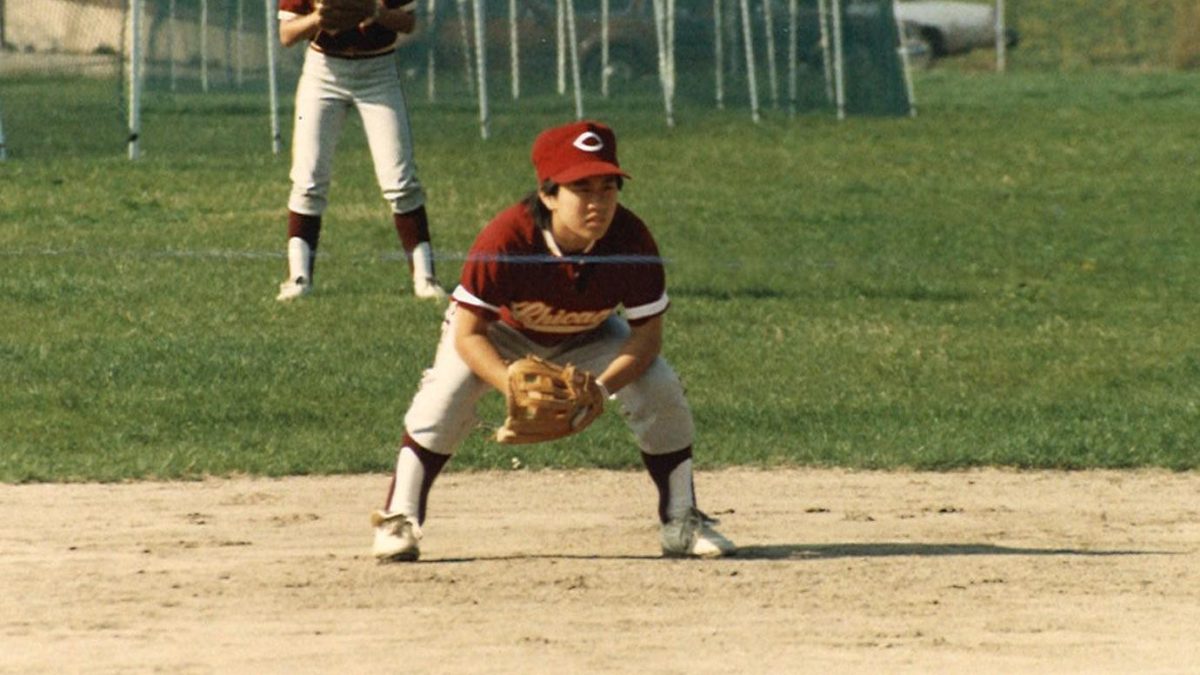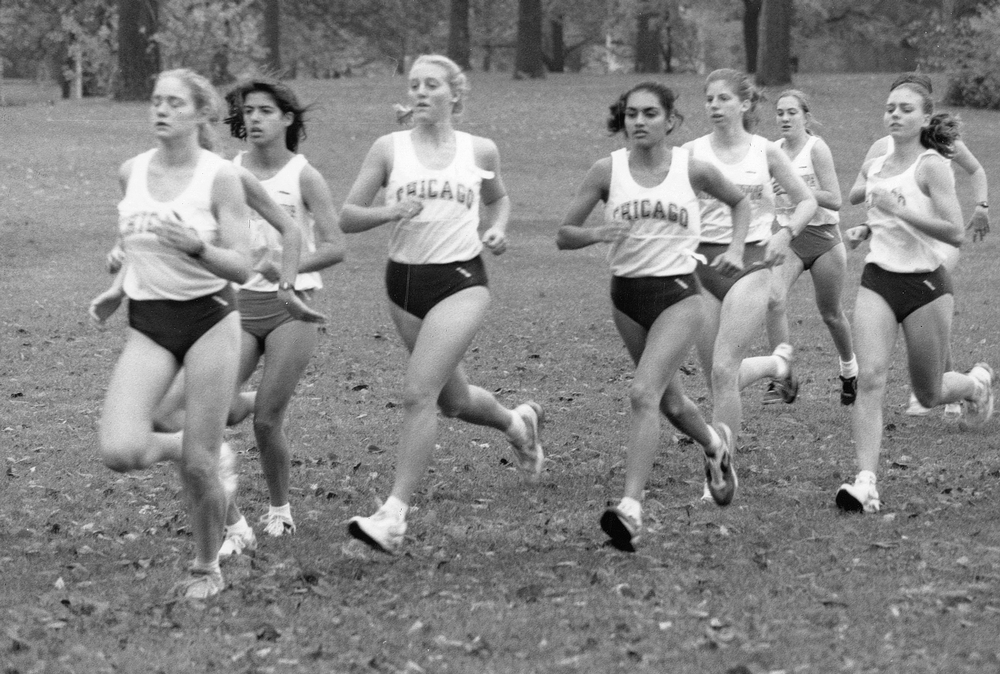Looking to keep with the University’s renewed minority-affairs priorities, athletics director Tom Weingartner appointed Derrick Brooms, AB’96, to the newly created coordinator of minority affairs position Thursday. The decision marks the department’s first explicit attempt to reach out to prospective, current, and graduated minority students.
“Absolutely [it’s a part of the University’s larger scheme]. I understand the president’s priorities and the vice president’s priorities,” Weingartner said. “We’ve talked about them a lot, and this is a way that the department of athletics can contribute to that effort.
“Derrick is unique in his ability to talk from the perspective of being a student here, having graduated our public league, having been a minority on campus. So he can cover all the bases for us.”
Weingartner approached Brooms—a Chicago public school graduate, former All-American football player for the Maroons, and now a sociology doctoral candidate at Loyola—with the idea of a minority affairs liaison last month. The two defined a plan to assess and later propose a course of action. Upon receipt of that proposal, Weingartner said the department would “be off to the races.”
“One of the first things we talked about was recruiting minority athletes and coming up with strategies to not only recruit them but to get them interested in Chicago,” said Brooms, who returned as an assistant coach this fall after four years teaching in Washington, D.C. “We want to get more information out, and give them a perspective that maybe they’re not hearing about from the University.”
Students have identified disappointing diversity as a University issue recently, contrasting the disproportionately white and Asian student body with the predominantly black neighborhood. Last spring, black students only made up 4.2 percent of the College.
Expounding on that problem, Black Enterprise—a national organization that studies African Americans in the business world—announced its “Top 50 Colleges for African Americans” on Wednesday, assigning the University of Chicago the 50th spot after the College failed to make the list last year. The rankings take into account admit rates, graduation rates, and survey scores pertaining to African-American students. Top-tier schools such as Stanford, Columbia, Harvard, Duke, Georgetown, and Emory all made the top 25.
Brooms’ focus is broader, however, and he refused the idea that he would look exclusively to boost the Black campus experience. Rather, he hopes to assess the scope of “minority affairs” in accordance with the admissions office and the Office of Minority Student Affairs (OMSA) before drawing any conclusions.
“It’s not just latino students. Before I can even categorize who the minority population may be, I’m going to look at the statistics and talk to the offices to figure out who we’re trying to attract,” Brooms said.
That understanding plays into the broader University goal that it prioritized this summer when it restructured OMSA based on recommendations made by the Provost’s Initiative on Minority Affairs. Hoping to do away with fragments of ineffectual previous efforts, the new athletics department post is new angle from which to tackle the diversity issue.
“I’m thrilled. He just brings a whole set of wonderful things to the table, in terms of being a liaison with incoming students and current ones,” said vice president and dean of students Stephen Klass, citing Brooms’ experience as a Maroon, graduate student, doctoral student, teacher, and coach. “It’s a great opportunity for the University to take a look at this from the broader perspective of the environment we want to create for our students of color and from the very particular aspect of how that plays out in athletics as well.”
Still, many people associate minority affairs in sports with the dumbing down of student-athletes—an excuse to admit the best athletes without academic standards. As a Division-III school, the University puts every prospective student through the same admissions process, regardless of his or her intent to compete intercollegiately. While many Division-I programs have an exclusive staff that evaluates student-athletes, the new focus within the athletics department will not compromise the College’s standard, according to Klass.
“It’s not about trying to get more of a particular type of person but rather trying to add another dimension to admissions and student life consistent with the University’s philosophy,” Klass said.
Brooms agreed, emphasizing the importance of attracting qualified students. “What we’re really trying to do is tap into the same type of students that we have at the University already. I don’t think we’ll be helping anybody by bringing in people who are unprepared just because they’re a minority student,” he said. “That doesn’t help the student, the athletic program, or the admissions office. So we’re still trying to work to bring in qualified, really strong students that happen to play sports.”
Weingartner’s hope is that in the next three-to-four weeks Brooms will have been able to gather necessary information from coaches on their recruiting needs. While some programs may already have an easier time than others in attracting minority student-athletes, his priority is to communicate to prospective students that the College is “a great place for minorities, in part because of its location: one of the great urban centers in the country, if not the world.”
Though Brooms will offer as-needed counseling to current student-athletes, both he and Weingartner identify the misunderstanding of the University experience as the biggest barrier to minority involvement. The particulars of how Brooms will communicate with prospective student-athletes will definitely be decided before this upcoming recruiting season.
“I’m excited about the possibilities. I went to school here and my perspectives as a student and an athlete will help lend some credibility in talking to people,” Brooms said.









